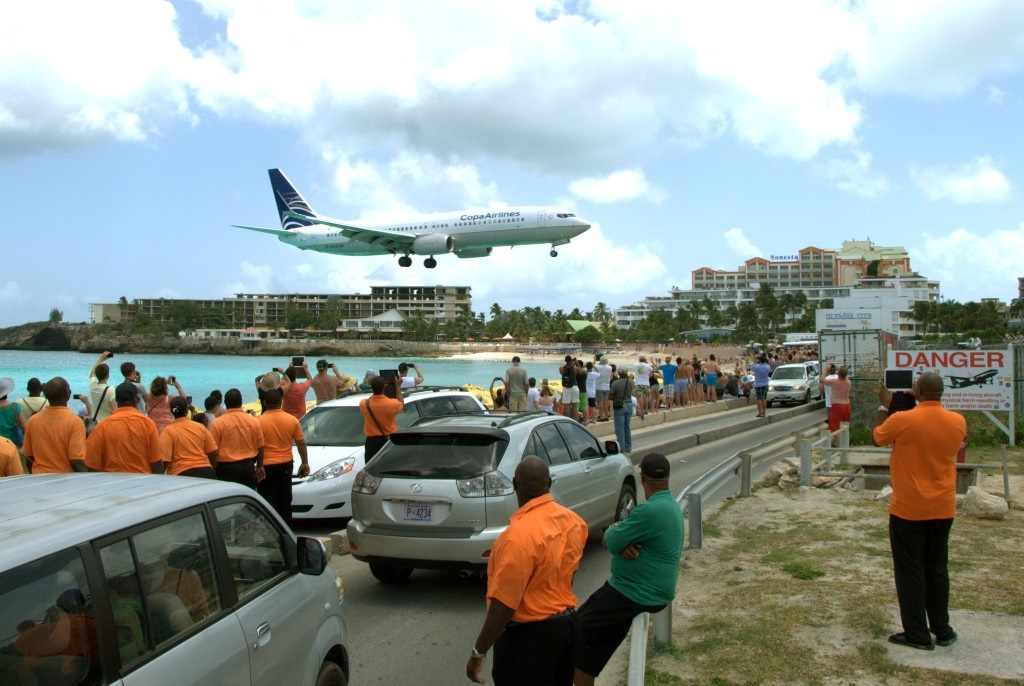Village politics

By Hilbert Haar
With the Silveria Jacobs government teetering on the brink of collapse, the question arises why governments apparently fall so easily in St. Maarten. The short answer is: village politics.
Our little island nation has around 40,000 inhabitants. It is a place where everybody knows everybody. Years ago there was a complaint from The Hague: politicians were too close to the population. What a joke, if you realize that it is possible to meet any politicians on any day at the vegetable department of a supermarket. But what The Hague thinks about us is not the real problem. As usual, the real problem lies within.
It is about the way we are doing things, sometimes erroneously called the St. Maarten-way. It is nothing to be proud of. We like to think that we are resilient and transparent, but we are not. This is especially true on the political level.
Michael Ferrier recently asked this question in a letter to the editor, reflecting on the departure of British Prime Minister Liz Truss. How many of the sixteen parliamentarians and six ministers that are currently on the government’s payroll would, under similar circumstances, do the honorable thing? Indeed, how many of them would step down? Ferrier figures that six MPs and one minister would do this.
That’s seven out of 22. In other words, Ferrier has no confidence in more than 68 percent of the current flock of elected or appointed politicians. At least, he has not given up all hope. I think that his view is rather optimistic.
Why most politicians tend to hang on to their position is not difficult to guess. Their job pays extremely well and without it, many of them don’t have much going.
This means that popularity is important to politicians. Being popular usually translates into precious votes at the ballot box and into a job most people can only dream off.
The Dutch St. Maarten Taxi Association has just pointed out what a politician is ready to do for a job. Acting Minister of Tourism, Economy, Transport and Telecommunication Omar Ottley is, according to the association, planning to issue forty new taxi licenses, even though the island does not need more taxis.
The recipients of such licenses do not always use them to drive around in a car, picking up passengers here and there. No, they rent out the license to a working stiff who does not mind the long hours and the lousy pay. When the number of taxi licenses exceeds the demand, making a decent living becomes more difficult, if not impossible, for all taxi drivers.
So the minister’s decision – if he really takes it – could very well backfire. Maybe he will please forty people with a brand new taxi license, but he will at the same time piss off a much larger number of hard-working people who do their stinking best to provide for themselves and their families.
It is of course not too late. If the minister has any sense at all, he will quickly drop his plan to flood the market with forty unwanted taxi licenses. That might earn him more sympathy (and more future votes).
###
Related news:
Taxi association alarmed about intention to issue more permits
Letter to the Editor: The Honourable Thing

























